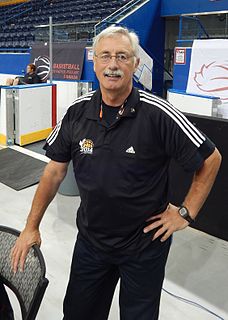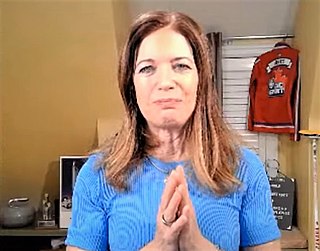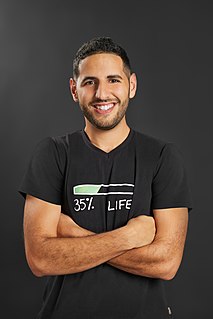A Quote by Jon Oringer
Equally important to having the right content is providing the proper tools for the users so they can quickly find the images and videos they need.
Related Quotes
We tend to think of Steam as tools for content developers and tools for producers. We're just always thinking: how do we want to make content developers' lives better and users' lives a lot better? With Big Picture Mode, we're trying to answer the question: 'How can we maximize a content developers' investment?'
I initially started making videos about my hair because I was struggling to style it and didn't know where to find help. Similarly, I started creating comedy content and doing characters and talking about things that were important to me because I didn't find a place to do that in the career that I wanted as an actress.
Under the 1998 Digital Millennium Copyright Act, Tumblr, YouTube, Reddit, WordPress, and Facebook aren't responsible for the copyright infringement of each of their millions of users, so long as they take down specific posts, videos, or images when notified by copyright holders. But copyright holders thought that wasn't good enough.


































